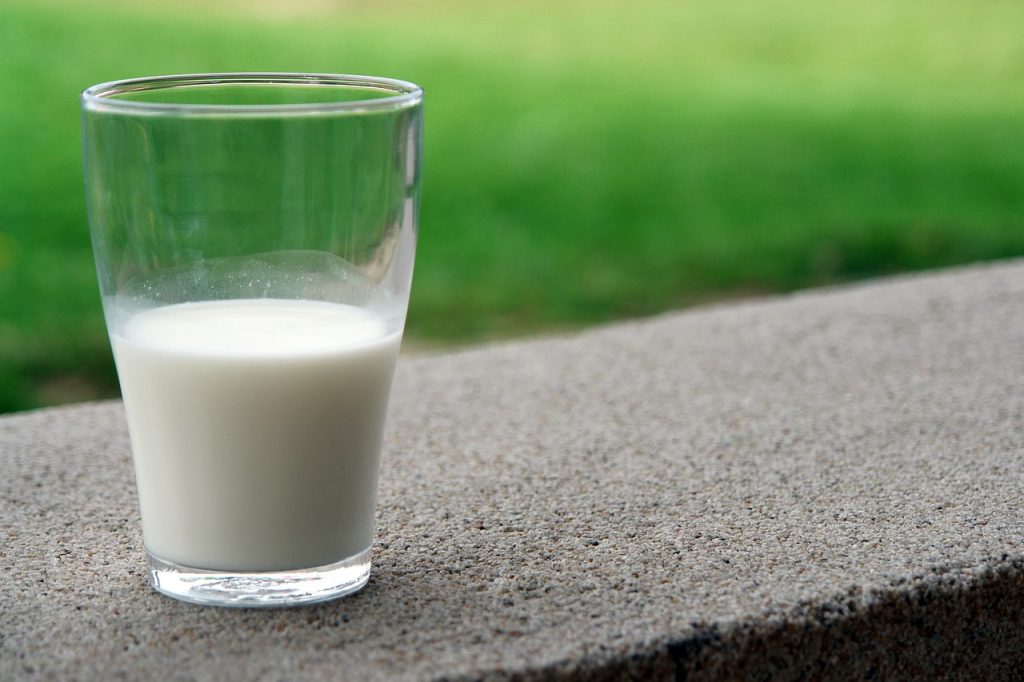Popular supermarket chain, Marks & Spencer (M&S), have announced that they will now only be stocking RSCPA assured milk. The aim of the RSPCA’s assurance scheme is to reduce the amount of animal welfare problems in the UK’s farming industry. According to Compassion in World Farming, the ‘scheme covers both indoor and outdoor rearing systems and ensures that greater space, bedding and enrichment materials are provided.’

Whilst this may seem like an improvement, animal rights activists have concerns over whether these sorts of labels on food are really enough. Although they may encourage farmers to stop certain practices on farms with the promise that their milk sales will increase, it doesn’t stop the cruelty inflicted on cows even on the nicest of farms.
RSPCA raise some of their concerns over the welfare of dairy cattle on their website. ‘Cattle are social animals’ they claim, ‘they can find isolation from other cattle stressful.’ However, in order to get milk from cattle, farmers must separate their newborn calves from them, often within a matter of hours. This is the done regardless of whether the farm is RSPCA assured or not.
In addition to this, cows are forcibly impregnated to enable them to keep producing milk. In order for the UK’s milk demand to be satisfied, most cows will have to go through this process at least once a year.
Milk sales have been dropping in the UK for some time now, and M&S may have noticed a decline in the popularity of milk in their stores. Recently they have made an effort to include more vegan options, particularly in their prepared foods section. If their customers are choosing cruelty free food products, it may be that they are hoping RSPCA assured milk will appeal to consumers.

Marks & Spencer’s decision to only stock RSCPA approved milk may not solve animal welfare problems, but it does signal a change in public attitudes. If people are beginning to demand products where the production is more rigoursly monitored and controlled it suggests that people are beginning to question where their food is coming from.
Image credit: The Independent


